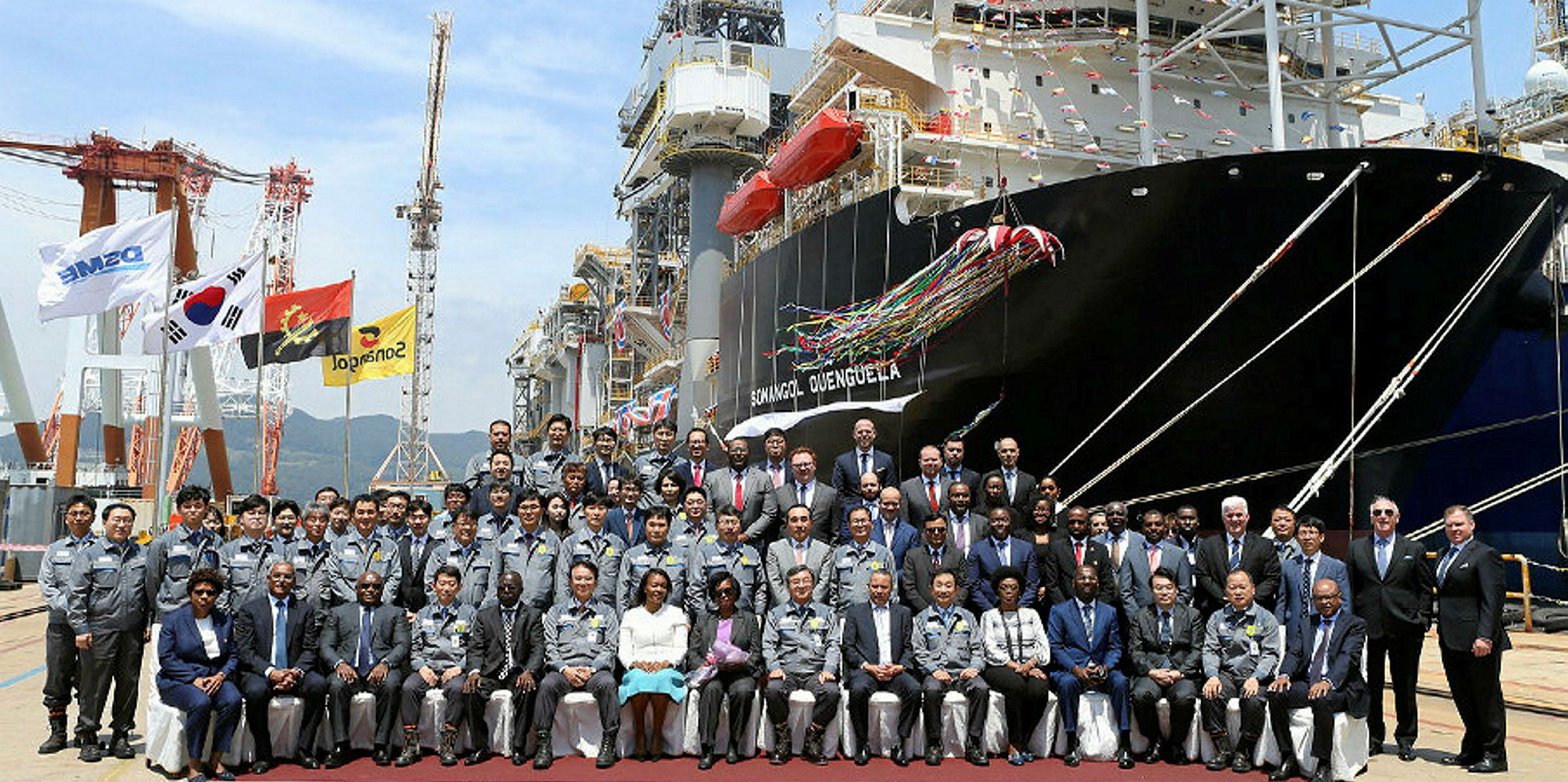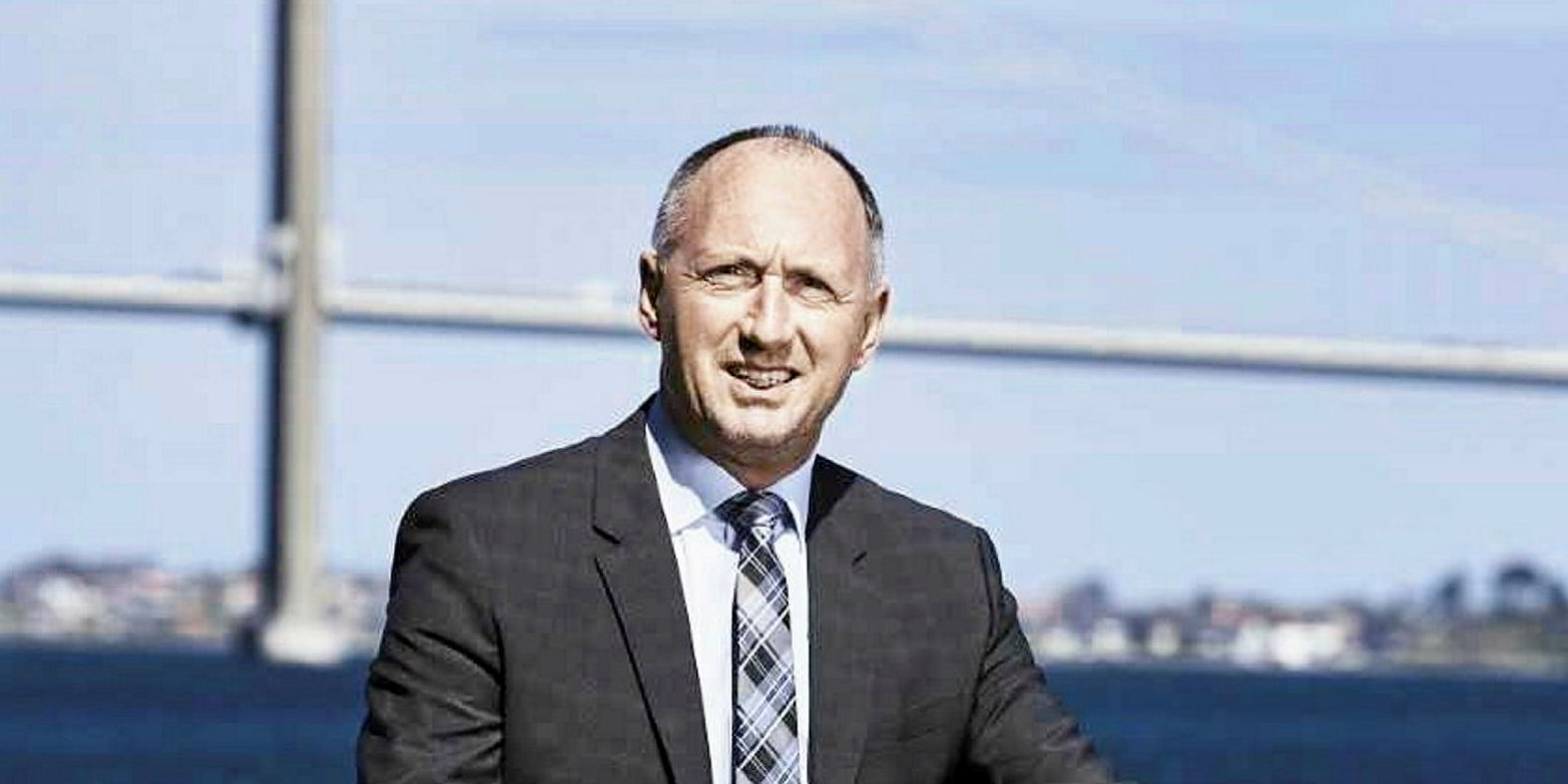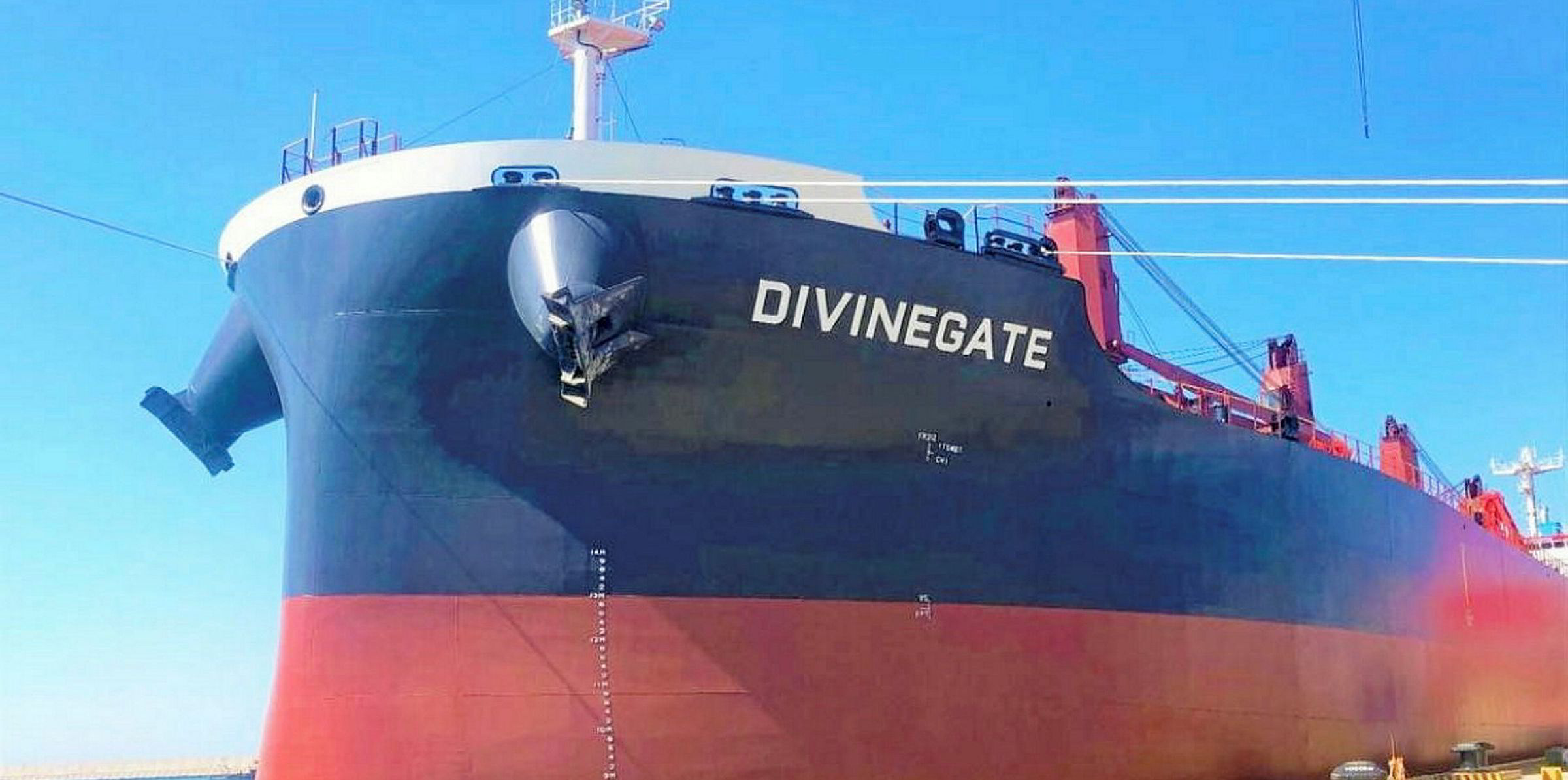At LQM Petroleum Services, we think shipowners need to play the long game when it comes to scrubbers.
Amid the coronavirus chaos and steep oil price drops, the narrative has shifted away from exhaust gas cleaning systems. Sales of the devices have plummeted.
And even before March, numerous port state control authorities banned the operation of open-loop scrubbers.
The debate on the environmental impact of discharging acidic wash waters from these systems rumbles on.
The International Maritime Organization is still evaluating rules on the release of discharge water from scrubbers into the ocean.
But open-loop scrubbers are not the only game in town. Closed-loop systems do not use seawater and there are also hybrid systems in the market.
As we move towards a post-pandemic landscape, long-term investment and cost control will once again become a dominant theme.
The industry is well aware the stakes have been high for some time.
You are still looking at an average cost of $2m to install just one scrubber system. Fleet operator investments can — and have — exceeded $100m.
Nevertheless, with the global economy reeling from the events of the last three months, now is not the time to panic.
The appetite to install scrubbers is arguably at its lowest since the first rush in 2018.
But companies that have already splashed the cash need to look at the fundamentals and consider their expectations.
Public awareness grows
The IMO has already made it clear it is not messing around, and the public is more aware than ever about the impact of dirty fuels.
Despite the challenges ahead, ships still have to use fuels that meet their strict criteria.
The situation is not clear cut, but it is important not to be driven by sentiment.
More than ever, now is the time to think ahead. In the coming 10 to 15 years we need to decide what will be the next leading form of propulsion. Contrary to popular belief, oil is going to play a big role.
Last year, the future looked rosy for those that had invested in scrubbers. It was also great for those that locked the spread between high-sulphur and low-sulphur fuels, but then we had the demand implosion.
More than ever, now is the time to think ahead.
In the coming 10 to 15 years, we need to decide what will be the next leading form of propulsion. Contrary to popular belief, oil is going to play a big role. It is still viewed as dirty, but capturing the exhaust gases could be the game changer.
If it can be done successfully, then what is the issue?
Money talks, of course, and it is still a small spread, so the turnaround to back your investment will take a lot longer. But that has not killed the feasibility of scrubbers in general.
It has moved the barriers up — but by no means to unreachable heights.
For liner services and bigger vessels, there is an obvious business case to be made.
At main ports, there is also still plenty of high-sulphur fuel.
For the last decade, LNG has been the talk of the town. But despite the rhetoric it is not being used at scale.
The key issue here is around infrastructure — and that is before you start considering political influences.
Scale for LNG has always been its biggest problem. Oil you can get in the smaller port when they do not even have a proper jetty.
My view is LNG will only ever be a transition fuel.
Government strategy in the wake of a tumultuous three months will also start shaping decision making for shipowners.
At LQM, we expect a price peak as a result of the current monetary policies we have seen from the US and Europe. This money needs to find a place where it holds a value.
What we have seen is a nominal increase in the value of oil again.
When you look at so much money printing, there will be a rush into commodities. These commodities will go up.
In turn, bunkers become expensive and scrubbers will have a positive effect on your costs.
Is a scrubber feasible today? It is not clear — and ultimately depends on the investment plan that you have.
But in the future? Of course it will be.
Daniel Rose is chief executive of LQM Petroleum Services, a broker and trader of marine fuels
Do you have an opinion to share? Send details to news@tradewindsnews.com







